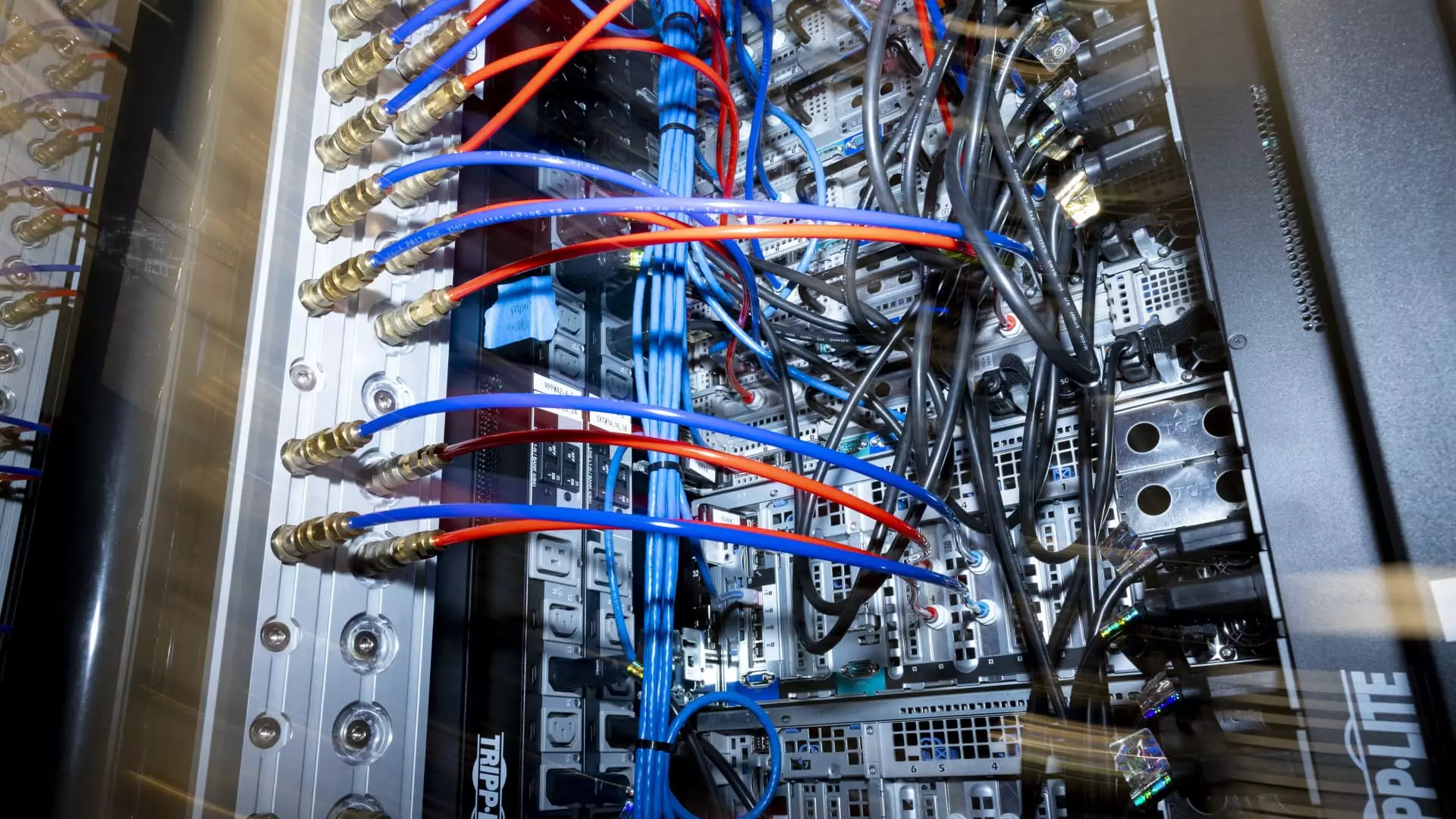As the landscape of global technology advances, the U.S. government’s recent moves to regulate investments in sensitive technologies toward China reflect a broader strategy aimed at safeguarding national security. The finalization of these measures, which include stringent notifications required for outbound investments in key sectors such as artificial intelligence, semiconductors, and quantum computing, highlights a seismic shift in how the U.S. positions itself in the high-tech arena. This article will delve into the implications of these regulations and the motivations behind them.
National Security Concerns Driving Policy Changes
The Treasury Department’s imminent rules stem from mounting concerns over the military applications of advanced technologies and the potential for U.S. investments to inadvertently bolster China’s military modernization. The outlined regulation changes argue that the development of innovative technologies like AI and microelectronics, if not carefully monitored, could lead to enhanced capabilities for potential adversaries. This perspective, echoed by former Treasury officials, underscores a growing consensus that the collaboration of U.S. firms with Chinese entities could pose a direct threat to U.S. national security interests.
Moreover, the regulations are not merely reactive; they are part of a proactive defense strategy. With the presidential elections approaching, the urgency to implement these rules appears to be heightened. There’s an implication that the administration seeks to demonstrate a commitment to national security in the face of rising global tensions and competition from China.
Interestingly, the approach to drafting these regulations involves a transparent process of soliciting input from the public and private sectors. By inviting companies and citizens to share their perspectives on how to delineate the scope of this regulatory framework, the Treasury Department highlights the importance of balancing economic interests with security imperatives. This engagement not only adds credibility to the regulatory process but also ensures that industry stakeholders have a voice in shaping the rules that impact their operational landscapes.
The legislation reflects an awareness of the complexity surrounding technology transfer and investment. U.S. companies often find it challenging to navigate the dual objectives of fostering innovation while ensuring compliance with restrictive regulations. As such, the Treasury’s outreach indicates an understanding of this delicate balance.
The new regulations signal a transformation in U.S.-China economic relations as both nations wrestle with the implications of technology as a form of power. The restrictions serve as a clear indicator of the U.S. government’s commitment to preventing sensitive technologies from being used in ways that could jeopardize its military and economic standing.
Additionally, the wider application of export controls and tariffs on Chinese imports, initiated since late 2022, demonstrates a systematic approach to limiting China’s access to key technologies. These measures collectively paint a picture of escalating tensions and a decoupling of the two economies.
As the U.S. awaits the final regulations on investments related to sensitive technologies, one must consider the complexities involved in such a decisive shift in policy. While the motivations rooted in national security are clear, the long-term effects of these restrictions on international relations, technological collaboration, and economic growth remain uncertain. The balance of power in the technological sphere is shifting, and how these regulations will shape the future of U.S.-China relations will be a critical aspect to monitor in the coming months.

